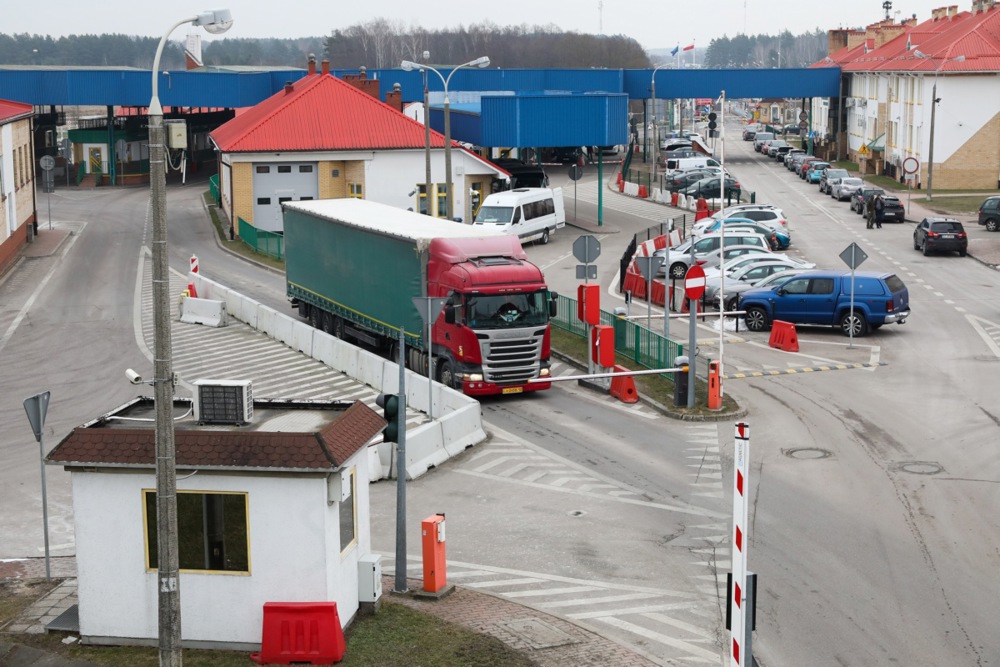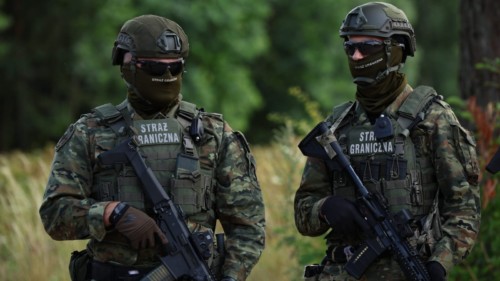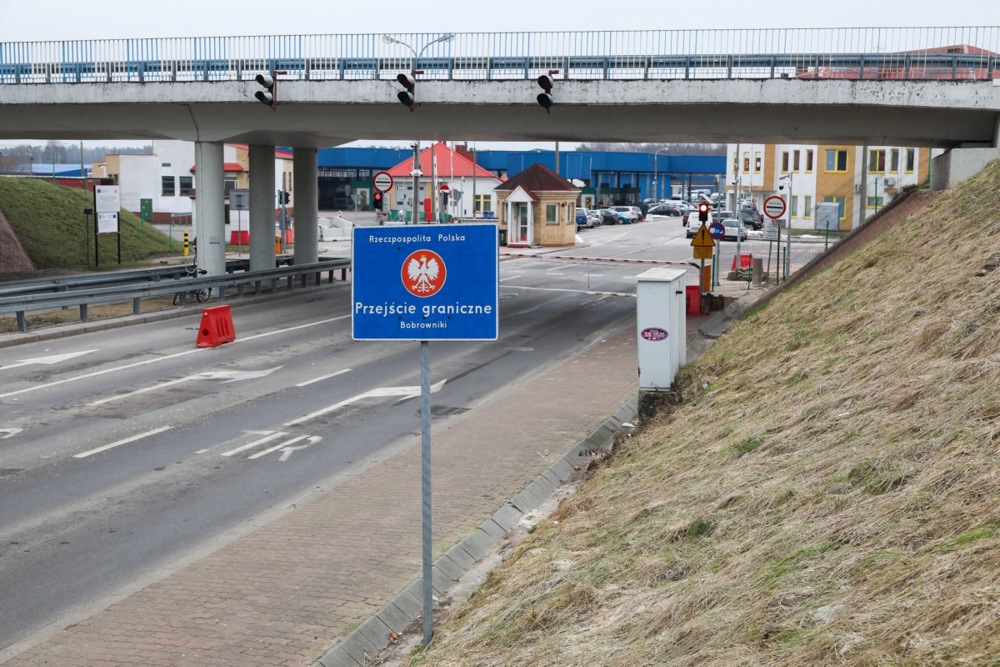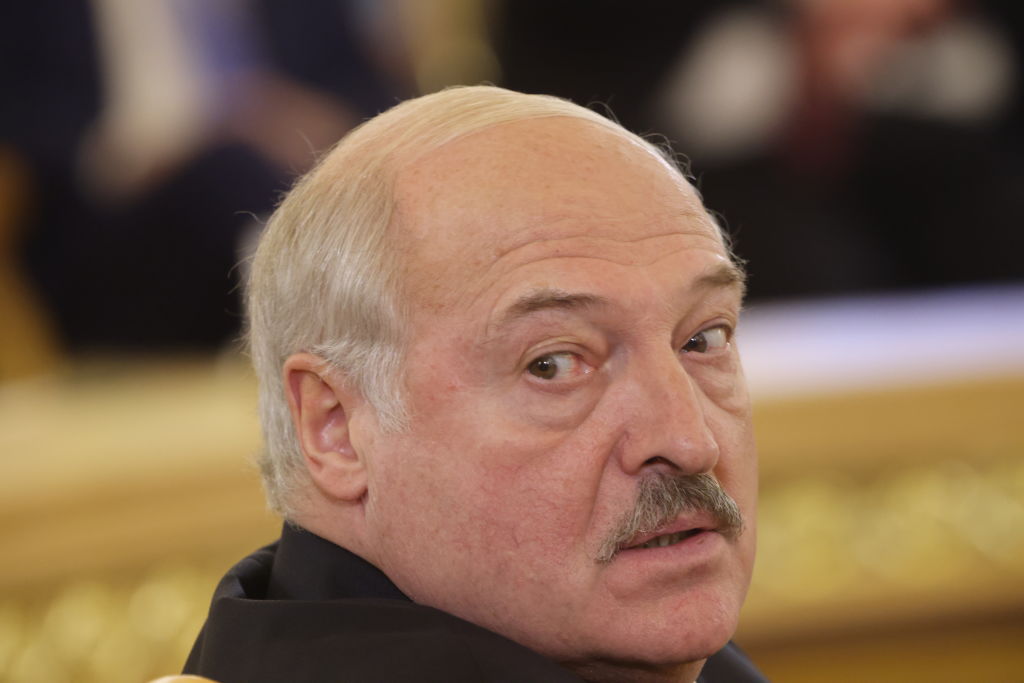Poland, Lithuania, Latvia and Estonia have joined forces and told Belarus that they will close all border crossings if there is any more mass illegal migration or any incidents involving the Wagner Group of Russia-backed mercenaries on its borders.
In a statement issued after the four countries met on August 28, they noted that since 2021 they have been facing “an unprecedented illegal migration crisis provoked and facilitated by the Belarusian regime, clearly supported by Russia”.
The statement describes both Russian and Belarusian actions as “hybrid attacks” that have been “used to destabilise” the region and the European Union.
The four asserted that if there is any further provocation on their borders their “response will be united, determined and appropriate to the situation, with the possibility of further isolating the two regimes by closing border crossings”.
The statement goes on to “call upon the Belarusian regime to remove the Wagner Group from Belarusian territories, withdraw all illegal immigrants from the border areas and return them to their countries of origin”.
At a press conference following the meeting with his Baltic counterparts, Poland’s interior minister Mariusz Kamiński insisted that, “if there is a critical incident on the border with Belarus, regardless of whether it is the Polish, Lithuanian or Latvian border, we will immediately retaliate. All border crossings will be closed”.
Lithuania’s interior minister Agnė Bilotaitė has told Reuters that the two forms of provocation that could trigger border closures are “an armed incident” or “a mass breakthrough of migrants”.
Some borders in the region have already been closed by Poland and Lithuania in retaliation for what they see as Belarus’s lack of cooperation, and human rights abuses against the Polish minority in that country.
Any total closure of the borders with Belarus would impact the movement of goods in the region, which would be of concern to both Russia and China.
Belarusian political scientist Anatol Kotau told Brussels Signal that “the blockade of rail transit would hit Belarus and Russia hard. But it would also hit the Chinese. Hundreds of freight trains from China pass through Brest on the border with Poland”.
Kotau claimed that “in 2021, it was the Polish threat to close down rail transit with Belarus which made [Belarusian President Alexander] Lukashenko back-off on pushing migrants through that border”. He said he felt pressure from China may have been instrumental in that outcome.
The economic impact on Poland of a Belarus border closure would not be great, David Kennedy of Polish broadcaster TVP World told Brussels Signal. “The sanctions have seen to it that direct trade with Belarus is now small. Trade with Belarus is no longer very important for Poland. The only industry which would be affected is logistics.”
Jacek Losik, writing for news portal Money.pl, said the dispute had already hit the volume of traffic coming from China. “The rail connection through Russia into the EU was to enable China to expand into Europe’s markets and also boost Poland’s dry port in Małaszewice.
“In addition, owners of logistics companies are complaining that business is down even compared to last year.” He added that these companies have cut the number of vehicles they operate by 30 per cent and the number of drivers by a third.
According to the Eurasian Rail Alliance, which handles transit traffic on the route between China and Europe, the fall in traffic on the so-called Belt and Road route so far in 2023 has been nearly 45 per cent compared to last year, which saw a fall of almost 40 per cent from 2021.
The fact that Poland and the Baltic states keep ratcheting up the pressure without actually closing down the borders suggests there is some reluctance to take such drastic action for diplomatic reasons.
In the meantime, the four counries hope that Lukashenko’s regime will blink first in the stand-off and decide to cease pushing through migrants, and also send the Wagner mercenaries back to Russia.





